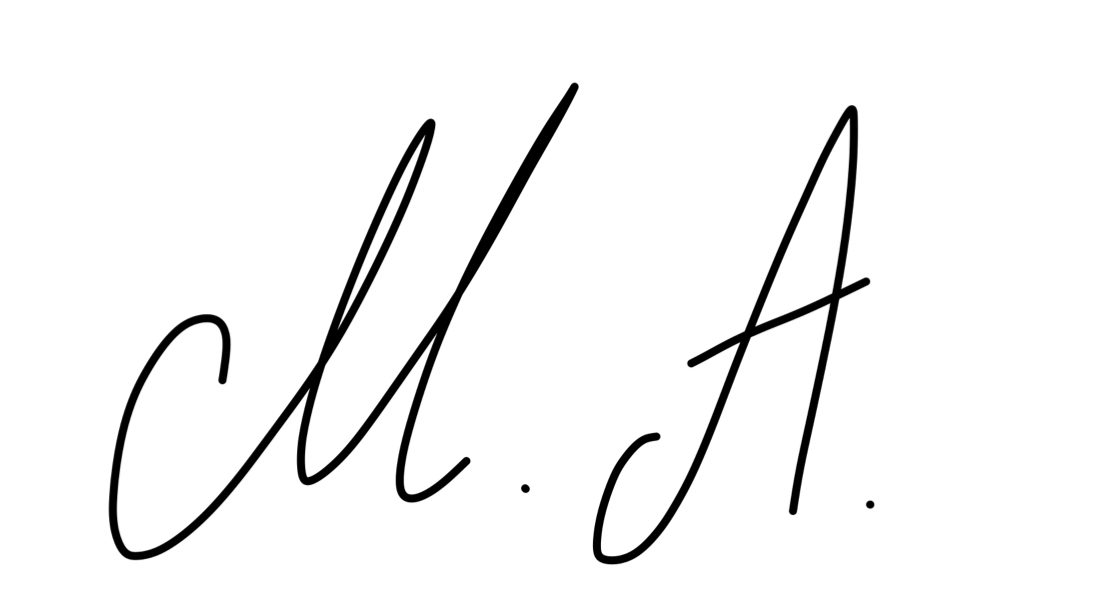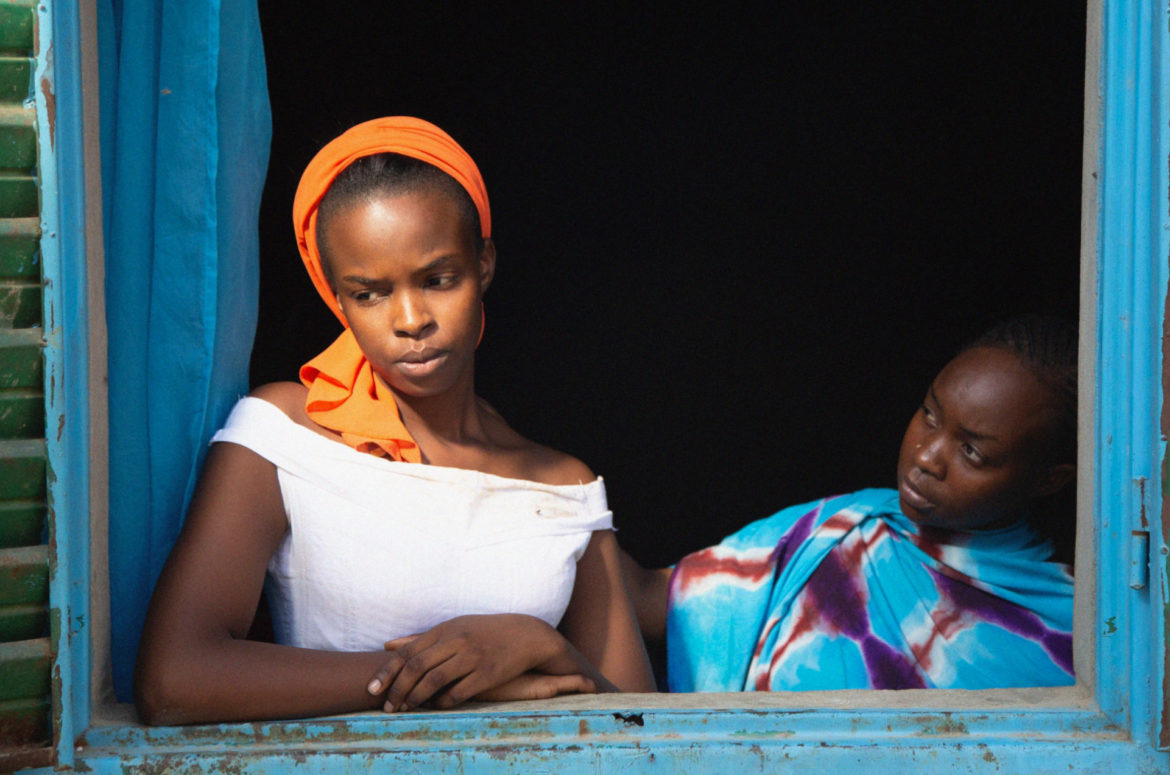CHAD, 2022.
Available on streaming platforms.
A raw and candid portrait of the bond between mother and daughter, Lingui is a touching film by Mahamat-Saleh Haroun, the first ever director to hail from Chad. Set in the outskirts of N’djamena, the film sees the two protagonists face struggles that become even more distressing due to the harsh social context in which they unfold.
Amina is a single mother who weaves and sells baskets in the streets for a living. When she notices that her 15-year-old daughter Maria is increasingly irritable and aloof, she decides to follow her to school one morning to find out what might be troubling her. She discovers that Maria has not been attending college, and the headteacher informs her that her daughter was expelled due to the fact that she is pregnant. Amina, a practicing Muslim, feels the weight of this burden become even heavier when Maria announces that she wishes to abort. The two are already isolated by the community due to Amina’s status as an unmarried mother, but they become further trapped in their circumstances as the strict laws of government and religion limit their choices.
The story is straightforward but told with great intensity. The leading actresses transmit a lot of emotion while appearing natural throughout, and the whole cast is convincing. The film stands out for its portrayal of a country rarely discussed in mainstream western media and for exposing some of its grave issues, whilst also capturing universal concepts such as maternal concern, the fight for survival or the desire for freedom.
Beyond the struggles that these women face, and the sad realisation that there may be no sign of change on the horizon, there is still a sense of stubborn hope as they continue to move forward in the best way they can. A story of female solidarity in a male dominated society, Lingui speaks all the more eloquently with its powerfully quiet tone.
The Immersive’s Verdict: An intense, candid story of female solidarity set in a country rarely discussed in mainstream media.
Photo Credit: MUBI
— Mersa Auda


